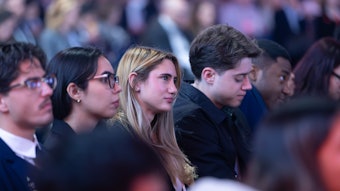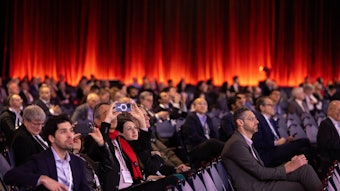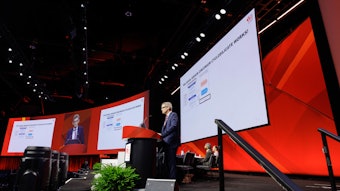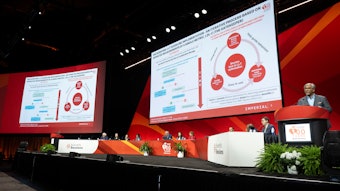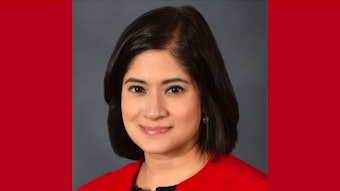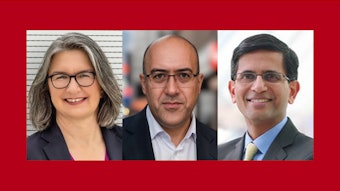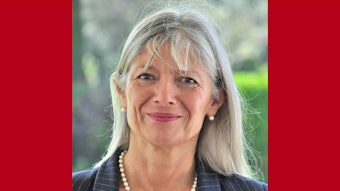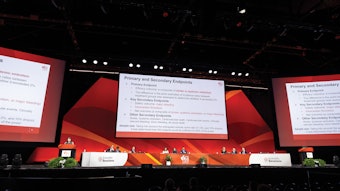Q&A: The partnership of vascular science and technology
Elazer R. Edelman, MD, PhD, to deliver Tuesday's Science Catalyst Keynote.
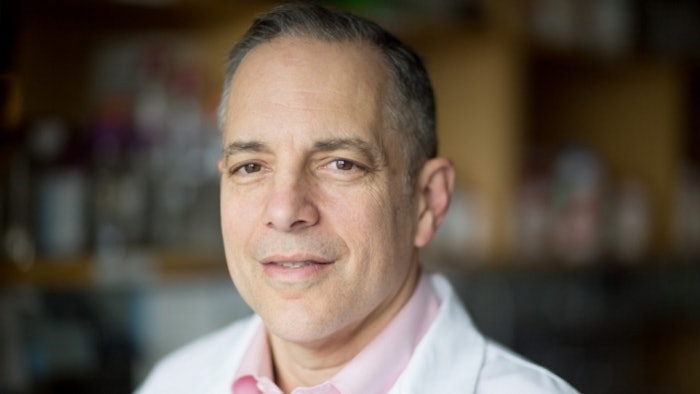
The Daily News spoke with Elazer R. Edelman, MD, PhD, about how a partnership of technology, science, engineering and medicine can quickly respond to health crises such as COVID-19. Dr. Edelman is delivering Tuesday’s Science Catalyst Keynote. He is the Edward J. Poitras Professor in medical engineering and science at MIT, professor of medicine at Harvard Medical School and senior attending physician in the coronary care unit at the Brigham and Women’s Hospital in Boston.
Q: Do you view the COVID-19 pandemic as a catalyst for science?
Edelman: All crises are catalysts. They build on each other and have bound us together as a global community of scholars and clinicians. These unprecedented events have allowed people around the world to unify under the banner of science and medicine. In this regard, it is an exciting time to be a clinician-scientist.
In my session, I present the case of a patient who manifested profound cardiac and vascular complications and how, relatively quickly, a community of clinicians recognized that these issues are related to coronaviral infection and treated them.
It was remarkable to see how quickly we responded to COVID-19 in this specific case and in general. As sick as this gentleman was, he lived because of the rapid realization of the basis of his disease and the equally rapid integrated approach of a team of clinician-scientists, nurses, technicians and staff.
Q: To what do you credit that quick response?
Edelman: The last 50 plus years have been accompanied by a profound eruption in knowledge in cardiovascular biology on the one hand and an incredible array of innovations in cardiovascular therapeutics and interventions on the other. This has allowed us to make diagnoses earlier and to have available an ever-expanding array of tools for treatment and care.
Q: The partnership of vascular science and technology?
Edelman: Yes, the title of my talk.
Q: What message do you have for your fellow clinicians and scientists at Scientific Sessions 2020?
Edelman: Science and technology march in lock step, and we must always remember that it is our responsibility as clinicians and scientists to create a community of scholars dedicated to improving the human condition and to teaching the next generation of conceptual revolutionaries to embrace these ideas and become a part of our community.
Q: When you speak of the human condition, it’s something you see every day because you are a practicing cardiologist. You also have a doctorate in medical engineering and medical physics. Which came first in your career?
Edelman: The two identities evolved simultaneously, and that’s another basic theme. We are always simultaneously clinicians, scientists or engineers seeking to use what we know to make our world better and create new means of enhancing the human condition.
Q: I’ve talked to scientists who have never met a person who has the disease that they are studying.
Edelman: Me too. I think it takes all kinds of expertise to contribute to science. There are some people who are brilliant bench scientists, and there are others who need the clinical motivation to propel them. There is a role and a need for everyone, including and especially those for whom the worlds of science and medicine meld into one universe.
Q: What will the big topic at next year’s Scientific Sessions?
Edelman: I don’t know. That is what is so exciting about our world — it changes in ways we cannot predict. I presume we will still be talking about this specific COVID pandemic as well as how we as a community need to respond to crises by harnessing technology, science, engineering and medicine.

